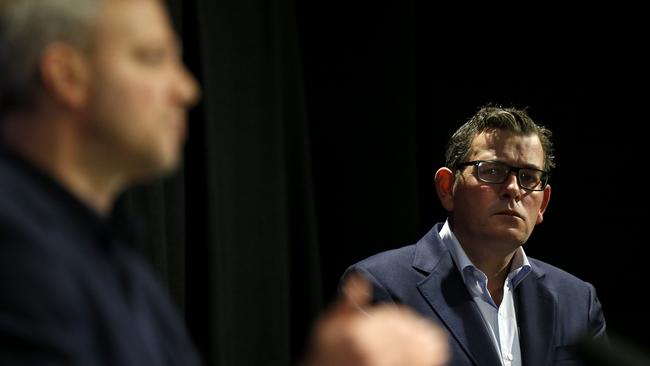
A social progressive member of the Labor Left, Andrews introduced voluntary assisted dying laws and legalised medicinal cannabis during his time as Premier. But he also privatised a range of state assets, including the Port of Melbourne.
Andrews’ preparedness to curtail civil liberties in the name of “pandemic necessity” earned him the nickname “dictator Dan”. His profile during the height of the Covid-19 pandemic soared nationally, with mixed responses to his actions. While last year’s election results showed he maintained the support of most of the Victorian public, Andrews was vehemently opposed by a vocal minority frustrated by his actions.
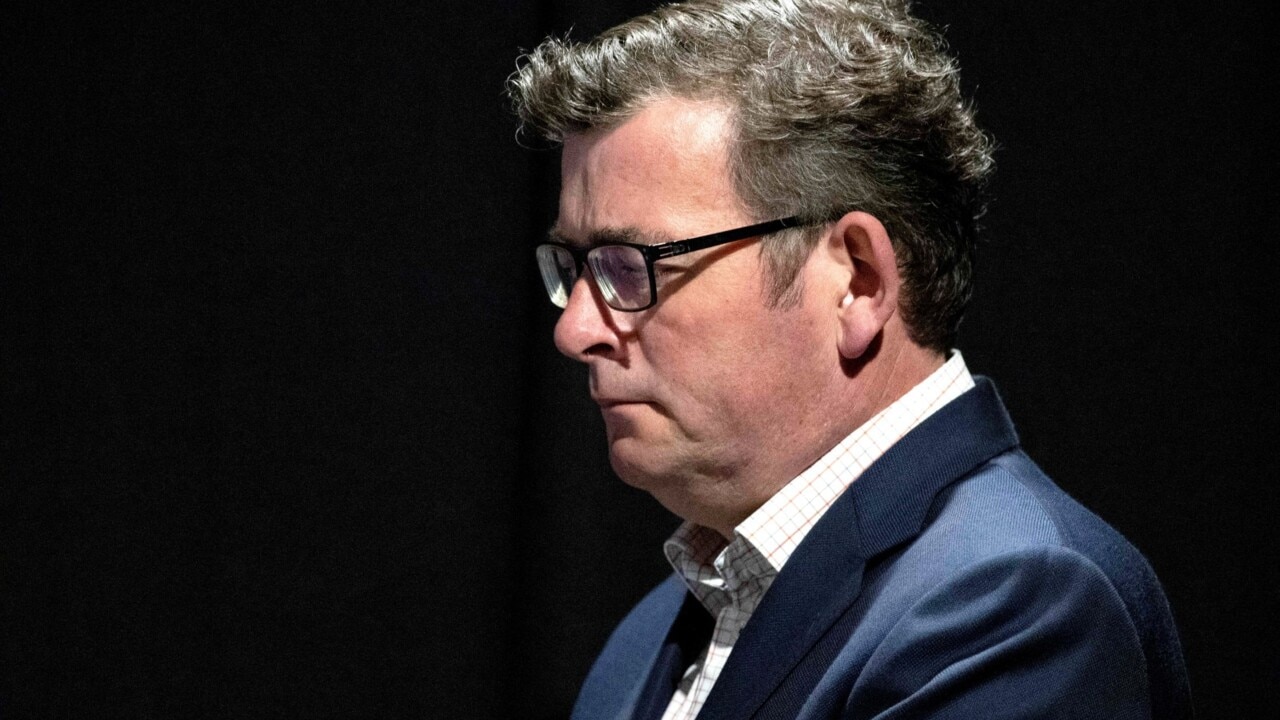
After nine years in power the Victorian Premier called time on his political career on Tuesday, effective immediately, citing exhaustion. On Wednesday the Labor caucus will select a new leader as the post-Andrews era begins, with Jacinta Allan the favourite to take over.
While he has walked away from politics on his own terms, Andrews is lucky to be able to walk at all after a horrific injury in early 2021 that resulted in a broken back after he fell down a flight of stairs. He needed more than 100 days of leave to recover.
In a sign of the emotions that Andrews stirred up among his opponents, conspiracies abounded about what he was doing at the time of the accident and who he was with.
Benefiting from a dysfunctional state Liberal Party, Andrews became the dominant political figure of his generation in Victoria, but controversy was never far away.
It continued on Tuesday with Andrews breaking a 2022 election commitment to serve a full four-year term, made just 10 months ago. He said breaking the promise was the right thing to do because he wanted to spend more time with his family: “It would be wrong to do anything different.”
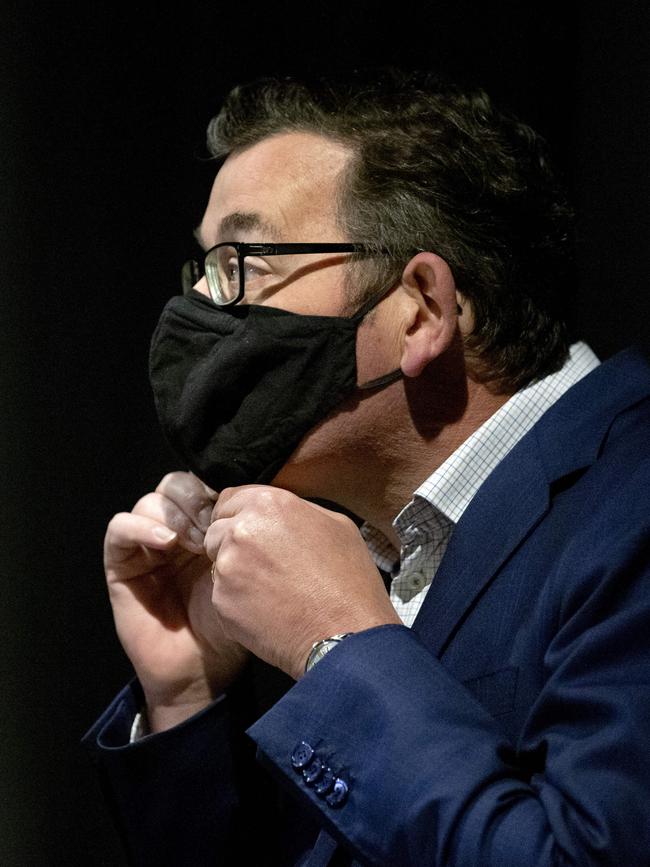
Andrews also told the assembled media he didn’t want to start resenting the job: “I simply won’t allow that to happen.”
He certainly resented media scrutiny during his time in the job, refusing to appear on state radio programs, even the usually supportive ABC, that he felt were unfairly critical and asked difficult questions without notice. But his testy relationship with the media predated the pandemic.
Allegations of branch stacking and abuse of electoral entitlements against members of his government never seemed to dent his popularity.
The political success of Andrews would seem in part a consequence of the smaller amount of attention paid to state politics in the modern era, which enabled him to treat the media with a dismissive contempt that is harder to do federally.
Andrews has been able to sidestep controversies time and again, including state corruption watchdog and Ombudsman investigations. For years his government benefited from the secrecy of Victoria’s Independent Broad-based Anti-corruption Commission when conducting investigations. This stands in sharp contrast to the way the NSW Independent Commission Against Corruption operates, holding public inquiries.
While there have been adverse findings against his state Labor colleagues – including a 2018 Ombudsman report into misuse of electoral entitlements dating back to 2014, dubbed the “red shirts” scheme – the Premier hasn’t been personally implicated.
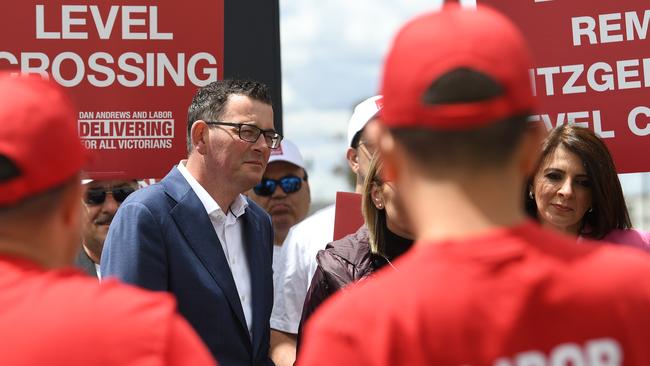
Victorian Ombudsman Deborah Glass found that “despite assertions to the contrary, there is no persuasive evidence the premier designed, propagated or facilitated the scheme”.
Andrews’ critics would like to know more about what exactly he did and didn’t know about it, even if there is no persuasive evidence of his personal involvement.
But the fallout from his cancellation of the hosting of the 2026 Commonwealth Games seemed to finally dent Andrews’ popularity in ways more serious controversies never did.
Leaving the sporting event in the lurch – costing state taxpayers $380m for severing the contract – was an unpopular decision. Hosting the Games as a regional event was part of Labor’s election platform last year, designed to appeal to regional voters.
Critics question whether Andrews was already considering abandoning the Games during the election campaign, held just six months before the announcement was made.
Andrews will be remembered most for the role he played during the height of the pandemic, when premiers were elevated to the national stage. This was a time when the powers of the states came into sharper view. He is best known nationally for presiding over punitive lockdowns in Melbourne; the longest and harshest anywhere in the world. Victorian policing of lockdown measures was uncompromising, with some of the images beamed around the world.
Melbourne suffered more outbreaks and deaths than any other Australian city, but Andrews continued to enjoy strong public support.
A September 2020 Newspoll revealed 62 per cent of Victorians agreed with Andrews’ handling of Covid-19. A Roy Morgan poll in November that year gave Andrews a job approval rating of 71 per cent. This was despite his health minister, Jenny Mikakos, resigning after the hotel quarantine failures. Andrews told an inquiry into the failures that she was the one who was accountable, not him. Mikakos disagreed with elements of the Premier’s statement to the inquiry.
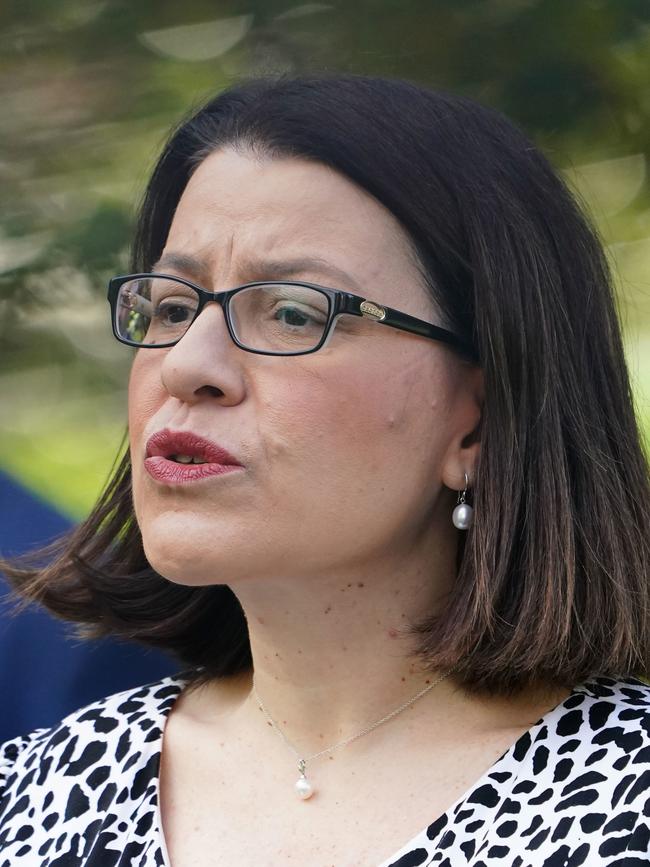
Despite the pandemic never denting Andrews’ personal ratings, it did damage the state’s finances. Victoria now has the highest debt as a proportion of the state’s economy of any Australian state, a legacy of the financially crippling lockdowns and pandemic measures from which surviving businesses are still recovering.
So what comes next for the 51-year-old Premier?
Beyond spending time with his family Andrews says he’ll work on his golf game and start reading the unread books that have been piling up at home. Perhaps one of those books is Claire Parins’s The Legal and Social Ramifications of Pandemics on Civil Rights and Civil Liberties, a deep dive into how the pandemic affected disadvantaged communities.
One thing Andrews won’t have to do is answer for his pandemic decision-making. Anthony Albanese specifically excluded autonomous actions by premiers from the terms of reference for his inquiry announced last week.
Given the leading role premiers played during the pandemic, the narrow terms of reference were widely critiqued and seen to be Albanese protecting his factional Labor ally in Victoria.
Ironically, perhaps the most glowing compliment that can be made of Andrews’ time in politics is that his political dominance exacerbated the decline of the state’s conservative party.
Victoria, formerly known as the “jewel in the crown” of the Liberal Party, is well and truly in the grasp of Labor now, with no signs of that changing. Breaking his promise to serve a full term means that Andrews has given the team he leaves behind three full years to recalibrate before it has to face the voters, at which time we’ll find out whether the electoral successes enjoyed by Andrews will be passed on to a new generation in Victorian Labor.
Peter van Onselen is a Professor of Politics and Public Policy.




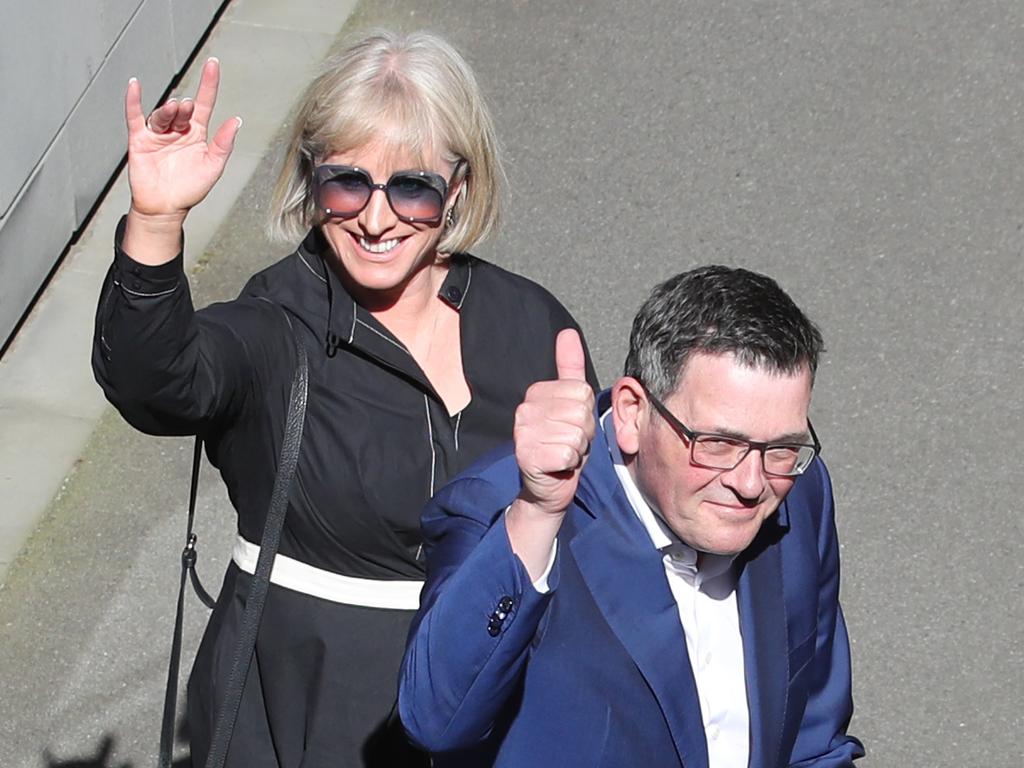
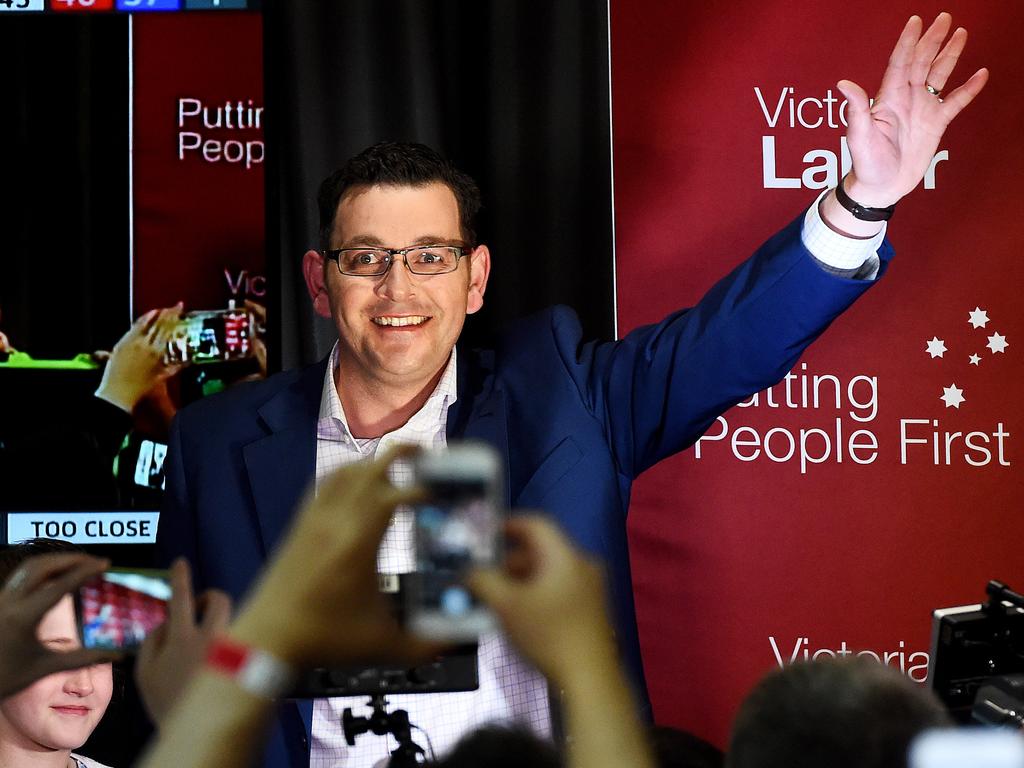


Daniel Andrews is nothing if not a paradox. Arguably Australia’s most polarising Premier, he was also one of the most successful electorally, winning three consecutive elections with thumping majorities.